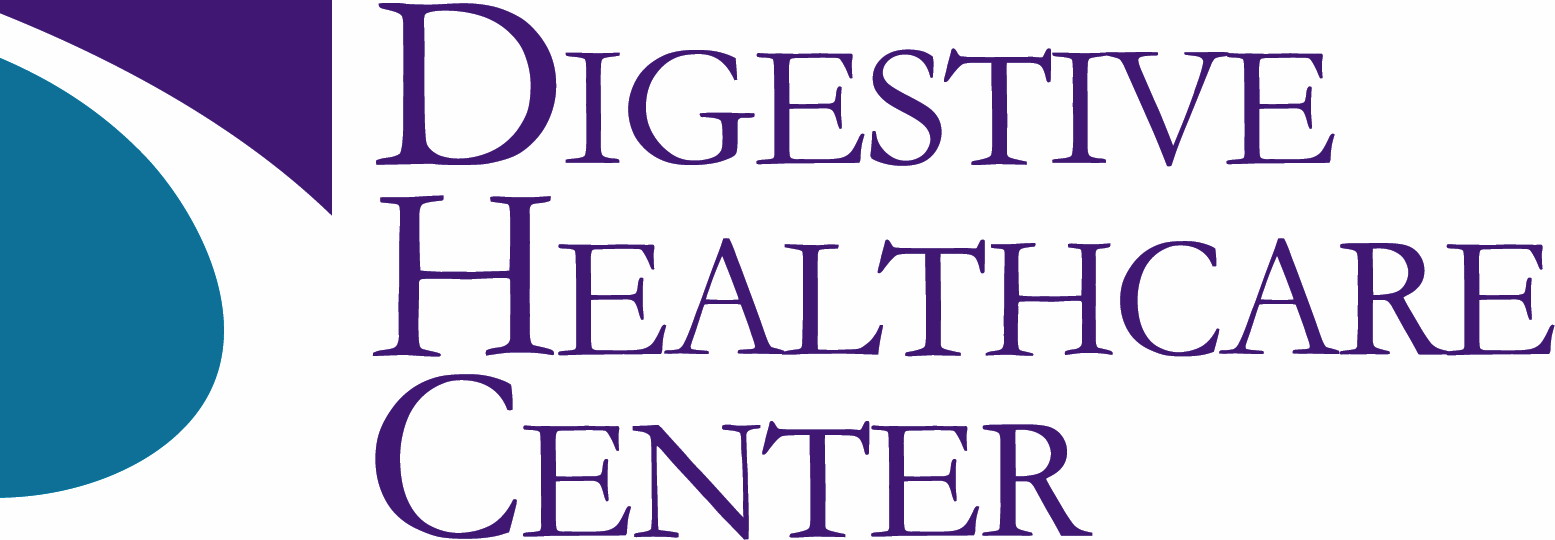How Should I Prepare for Esophageal Manometry?
An empty stomach allows for the best and safest examination, so do not eat or drink anything after midnight the night before the test. Since many medications can affect esophageal pressure and the natural muscle contractions required for swallowing, be sure to discuss with your healthcare professional each medication you are taking. Your doctor may ask that you temporarily stop taking one or more medications before your test. Before your test, your gastroenterologist at DHC will give you detailed instructions for how to prepare.
What Can I Expect During Esophageal Manometry in NJ?
A member of our team at DHC will apply a cream to numb the inside of your nostrils. Then a thin, flexible, lubricated tube will be passed through your nose and into your stomach. Some patients may gag while the tube is passed through their throat. It may help to swallow sips of water as the tip of the tube is advanced and placed at the lower part of the esophagus. When the tube is in position, you will be sitting or lying on your side or back. Once the test begins it is important to breathe slowly and smoothly, remain as quiet as possible, and avoid swallowing unless instructed to do so.
As the tube is slowly pulled out of your esophagus, a computer measures and records the pressures in different parts of your esophagus.
During the test, you may experience some discomfort in your nose and/or throat. The test will take approximately 45 minutes to complete and the results will be sent to your doctor’s office.
What if the Tube Cannot Be Passed?
In some situations, correct placement of the tube may require passage through the mouth or insertion using endoscopy (a procedure that uses a thin, flexible, lighted tube). Your physician will determine the best approach.
What Happens After Esophageal Manometry?
After the test, you may experience a sore throat, which typically improves within a day. You may also experience a stuffy nose or a minor nosebleed, which will also go away within 24 hours. Unless your physician has given you other instructions, you may resume normal meals, activities, and any interrupted medications following your esophageal manometry.
What are the Possible Risks Associated with Esophageal Manometry?
As with any medical procedure, there are certain risks. While serious side effects of this procedure are rare, it is possible that you could experience irregular heartbeats, aspiration (when stomach contents flow back into the esophagus and are breathed into the lung), or perforation (a hole in the esophagus). During insertion, the tube may be misdirected into the windpipe before being repositioned. Precautions are taken to prevent such risks, and your physician believes the risks are outweighed by the benefits of this test.
Digestive Healthcare Center offers esophageal manometry at our office and surgical center in Hillsborough, New Jersey. Our team will ensure that you understand the procedure and what it entails, and create a treatment plan based on the results of the test. Please call 908-218-9222 to schedule your appointment.
Our Providers
Digestive Health Care in Somerset County
At DHC, we are proud to have a team of gastroenterology doctors and nurses who are skilled and experienced in performing esophageal manometry and a number of other procedures. We work with patients to address symptoms that cause them discomfort or concern, and then formulate a treatment plan based on their individual situation and needs. To learn more about how we can get you on track to healthier living at one of our three NJ office locations, please contact us today.

